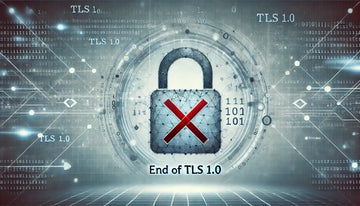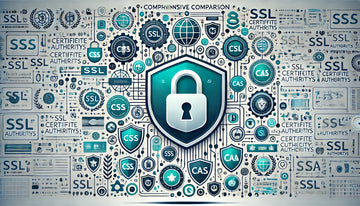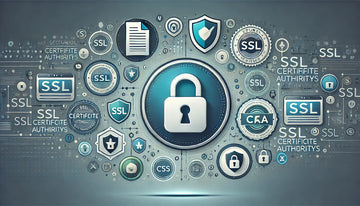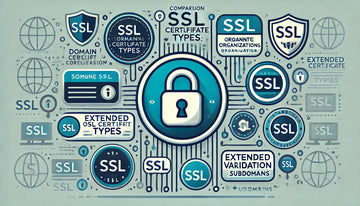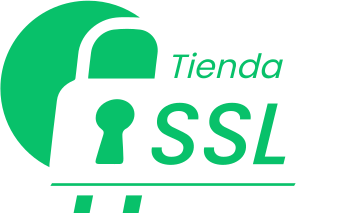Online security is a growing concern in an increasingly interconnected digital world. To address these concerns, various regulations and laws have been put in place with data privacy and online security. SSL (Secure Sockets Layer) certificates play a crucial role in complying with these regulations by ensuring the security of online communication and data protection. In this article, we will examine how SSL certificates help comply with various online security regulations and laws around the world.
The Importance of Online Security Regulations Compliance
Online security is a global concern issue, and many jurisdictions have implemented regulations to address privacy and data protection issues. Compliance with these regulations is essential to protect the privacy of online users and avoid possible legal sanctions. Some of the most prominent regulations include:
- General Data Protection Regulation (GDPR): Applicable in the European Union, the GDPR lays down strict rules on how organisations should handle the personal data of European citizens. This includes the obligation to protect data during transmission, which is achieved through the implementation of SSL.
- California Consumer Privacy Act (CCPA): This California law gives California residents certain rights to their personal data and requires companies to disclose their data collection practices. The security of transit data, facilitated by SSL, is essential for compliance with the CCPA.
- Canada's Personal Data Protection Act (PIPEDA): PIPEDA sets standards for the collection, use and disclosure of personal information by organizations in Canada. The security of personal information during transmission is a crucial part of PIPEDA compliance.
- Health Insurance Portability and Responsibility Act (HIPAA): Applicable in the United States, HIPAA regulates health information security. Websites that handle health data should make sure that the transmission of this data is secure, which is achieved through SSL.
How SSL Certificates Help Compliance with Standards
- Data Encryption: SSL certificates encrypt the information transmitted between the user's browser and the web server. This ensures that even if someone intercepts the data, they will only see a string of incomprehensible characters. Data encryption is essential to protect users' privacy and comply with regulations such as GDPR.
- Server Authentication: SSL verifies the server identity, which ensures that users are connecting to the legitimate website and not to a malicious replica. This is essential to prevent identity attacks and is a crucial part of compliance with regulations such as CCPA.
- Data Integrity: SSL ensures that the data transmitted are not modified or altered during the transfer. Any attempt to alter the data will be detected as a security threat. This is relevant to compliance with regulations such as HIPAA, which require the integrity of health information.
Examples of How SSL Contributes to Compliance with Regulations
- GDPR: GDPR states that organizations must take steps to ensure the security of personal data. The implementation of SSL encrypts the data during the transmission, which meets this requirement and protects users' privacy.
- CCPA: The SMCC requires companies to disclose their data collection practices. A website using SSL can assure users that their data is transmitted securely, which contributes to the transparency required by law.
- HIPAA: Medical institutions that comply with HIPAA must ensure the safety of patient health information. SSL protects the confidentiality of this data by encrypting them during transmission.
Additional Considerations
Despite the benefits SSL brings to compliance with regulations, it is important to remember that compliance with online security regulations is a multifaceted effort. In addition to security in data transmission, organizations must implement privacy policies, appropriate data management practices and additional security measures to ensure full compliance.
Conclusion
Online security and compliance with regulations are essential in the current digital age. SSL certificates play a crucial role in ensuring the security of online communication and data protection. By encrypting the data, authenticating the server and maintaining the integrity of the information, SSL helps organizations comply with various online security regulations and laws around the world. For any company or website that handles sensitive data, the implementation of SSL is a fundamental measure to ensure users' privacy and avoid possible legal sanctions.








